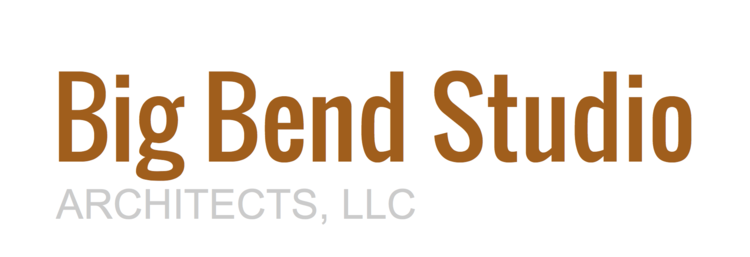Soft Infrastructure in Fall River
The conception and production of architecture requires a generosity of spirit toward fellow residents of the planet. And because the built environment shares the crust of the earth with all other biomes, architects are, by definition, stewards. To deny this profound truth is to waive a foundational ethic of the profession. But this is at times at odds with, the prevailing mode of economic and political thought, neoliberalism, whose policies are characterized by, among others, privatization, free trade, deregulation, reduced government spending/increased role of the private sphere, etc., a way of thinking which has come to define much about our everyday lives. How does this conflict get resolved?
This studio is premised on the observation that as wealth has become more concentrated in fewer individuals, the quality of the public realm has suffered as public investment in the commons has diminished and responsibility for its maintenance and determination of its highest and best use, transferred to private interests. The neoliberal ethos has left its mark on every biome (indeed outer space is the next frontier for profiteering). A fetishistic consumerism, fueled by the distraction of ‘marketing’ and the imperative of quarterly growth, has shaped our cities. ROI has become the primary driver of the quality of the urban experience.
The underlying question of the studio, then, is ‘What do we want from our cities?’, which are ours to conceive, to build, to live in. What are the places that invite us into the public realm, that let us linger, rather than move us along, allowing us to be in the company of our neighbors, in the broadest sense of that word? Often referred to as social, or soft, infrastructure (distinguished from hard infrastructure: roads, bridges, sewer systems, the power grid, etc.), these are the places that allow a city to be perceived beyond its functions, yet whose function is critical to a democratic society in their ability to teach empathy, leading to trust, the enemy of fear. They engender a culture, not mere civilization.
Despite its headiest slogans (“Architecture ou Rèvolution!”), architecture alone cannot solve society’s ills. But neither can they be cured without it. It is the armature on which we build the meaning of our lives. Our studio will explore soft infrastructure as a prerequisite for a sustainable and resilient culture. Sited across Mount Hope Bay in Fall River, a city that, like many in the country, has present day challenges and a rich history of contributions, the project will be a collection of a number of types of soft infrastructure, interfacing with two existing buildings: the main branch of the public library and the Bank Street Armory, a derelict structure awaiting its next incarnation.

